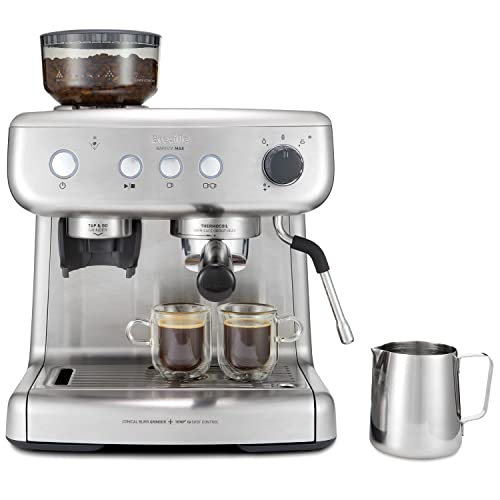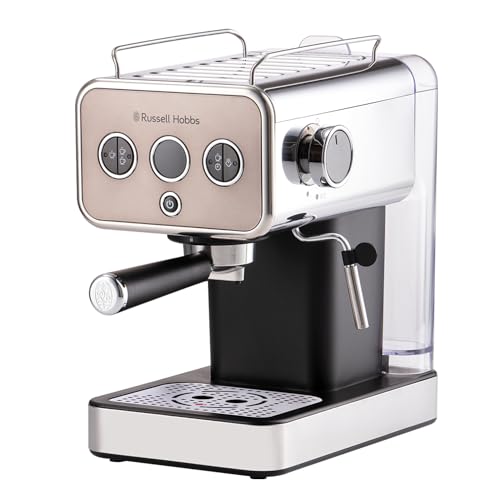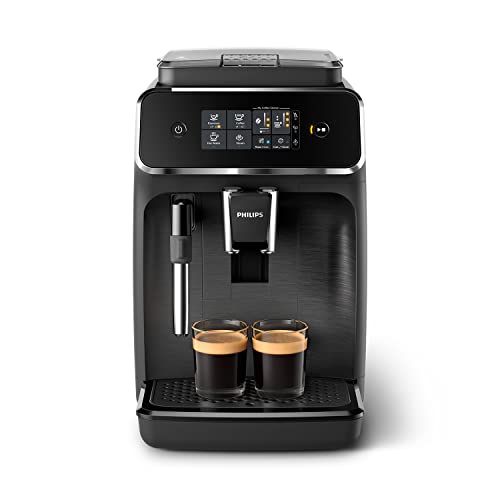Understanding Commercial Espresso Machines: What Makes Them Different?
What is a Commercial Espresso Machine?
Commercial espresso machines are made for high-demand settings like coffee shops, hotels, and restaurants. Unlike home machines, they can handle the pressure of continuous use, allowing baristas to serve multiple cups quickly and efficiently, ensuring they meet customer demand without compromising on quality. This is possible due to features like dual boilers and powerful pumping systems that can deliver consistent results.
Key Components That Set Them Apart
The core difference lies in their construction and durability. Commercial machines often boast heavier materials and robust components, enabling them to withstand the wear and tear of daily operations. Features such as programmable settings and multiple group heads allow for greater control over the brewing process. This results in a superior quality espresso with rich crema, a critical factor for satisfying customers.
Key Features to Look For: Maximising Your Investment
Boiler Type Matters
Consider the type of boiler system—single or dual. A dual boiler machine offers the advantage of brewing espresso and steaming milk simultaneously, making it ideal for busy environments. This efficiency can greatly affect your service speed, directly impacting customer satisfaction and sales.
Pressure and Temperature Control
Look for machines that allow precise control over pressure and temperature. This control is essential for extracting the best flavours from your coffee beans. Advanced models often include PID controllers, enabling consistent brewing temperatures for optimum results every time.
Ease of Use and Maintenance Features
Choose machines that prioritize user-friendliness, especially if multiple staff members will operate them. Features such as intuitive displays and automated cleaning cycles save time during peak hours and reduce uptime due to maintenance challenges. Machines with detachable components can facilitate thorough cleaning or replacement, extending the lifespan of your investment.
Choosing the Right Size: Assessing Your Business Needs
Assessing Your Volume Requirements
The size of the machine should correlate with your expected beverage output. For smaller cafés, a compact model with a single group head may suffice, while larger establishments with higher traffic may need machines with two or more group heads to cater to order volume without delays.
Space Considerations
Begin by measuring your available space, factoring in not only the machine but also the necessary accessories like grinders and milk frothers. Compact machines can fit well into tight spaces without sacrificing quality, whereas larger models may require more room but provide enhanced efficiency.
Top Brands Reviewed: Our Recommendations for Quality and Reliability
What We Looked For in Our Selection
When we identify the top brands, we consider build quality, performance reliability, and customer support. Consistently reliable brands tend to have a good reputation based on customer feedback and longevity in the market.
Leading Brands to Consider
Some of the brands we recommend include La Marzocco, renowned for their robust build and excellent temperature stability, and Rancilio, ideal for their user-friendly machines that offer great value. Other notable options include Synesso for advanced technology and great customization, and Nuova Simonelli, known for reliability and sleek aesthetic designs.
Essential Maintenance Tips: Keeping Your Machine in Top Condition
Regular Cleaning Routines
Establish a daily and weekly cleaning routine to keep your machine in optimal working condition. Daily cleaning should include flushing group heads and emptying drip trays, while weekly sessions can involve deeper cleanings like descaling the machine and checking for clogs.
Monitor for Wear and Tear
Regularly inspect components such as water lines, gaskets, and steam wands for signs of wear. Early detection of any issues can prevent bigger problems later on. Take note of any unusual sounds or performance dips, which can indicate that maintenance is needed.
Service and Professional Maintenance
Engaging professional servicing should not be overlooked, particularly for complex machines. Scheduling regular check-ups can help maintain functionality and address potential issues before they escalate, ensuring your business runs smoothly.























